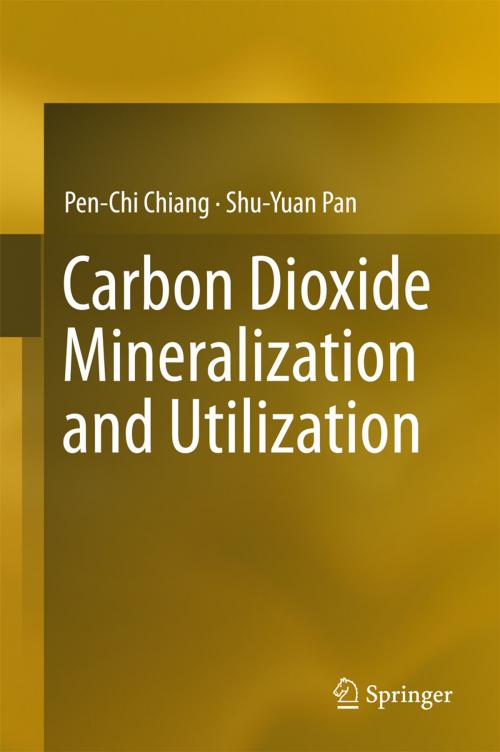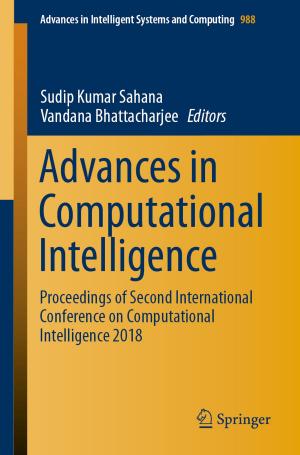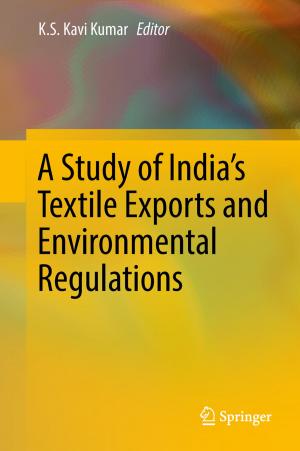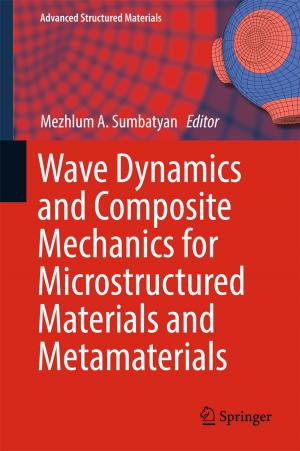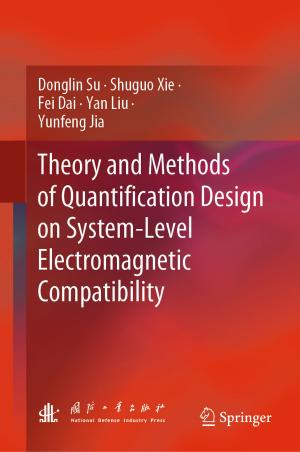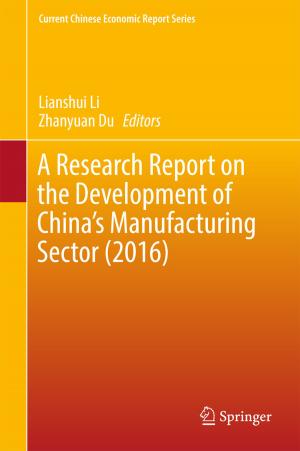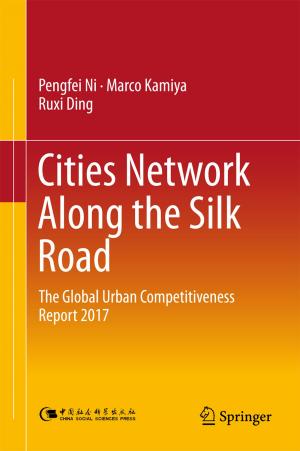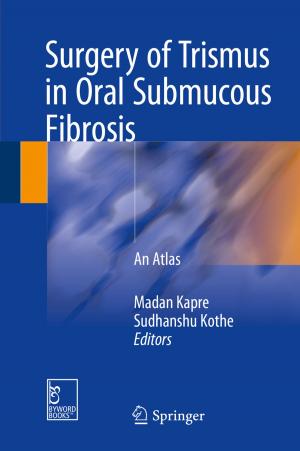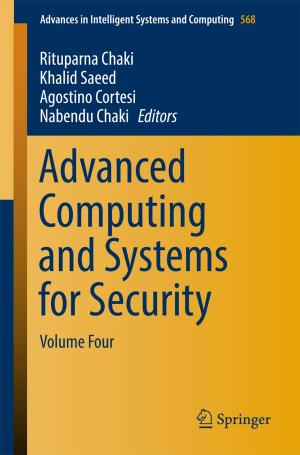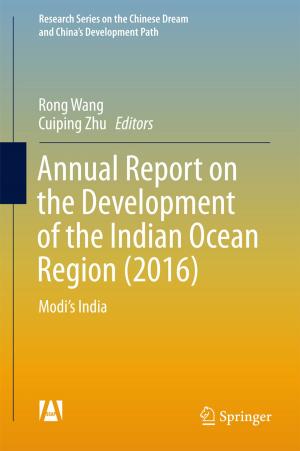Carbon Dioxide Mineralization and Utilization
Business & Finance, Management & Leadership, Production & Operations Management, Nonfiction, Science & Nature, Science, Biological Sciences, Environmental Science, Technology| Author: | Pen-Chi Chiang, Shu-Yuan Pan | ISBN: | 9789811032684 |
| Publisher: | Springer Singapore | Publication: | March 4, 2017 |
| Imprint: | Springer | Language: | English |
| Author: | Pen-Chi Chiang, Shu-Yuan Pan |
| ISBN: | 9789811032684 |
| Publisher: | Springer Singapore |
| Publication: | March 4, 2017 |
| Imprint: | Springer |
| Language: | English |
This book focuses on an important technology for mineralizing and utilizing CO2 instead of releasing it into the atmosphere. CO2 mineralization and utilization demonstrated in the waste-to-resource supply chain can “reduce carbon dependency, promote resource and energy efficiency, and lessen environmental quality degradation,” thereby reducing environmental risks and increasing economic benefits towards Sustainable Development Goals (SDG). In this book, comprehensive information on CO2 mineralization and utilization via accelerated carbonation technology from theoretical and practical considerations was presented in 20 Chapters. It first introduces the concept of the carbon cycle from the thermodynamic point of view and then discusses principles and applications regarding environmental impact assessment of carbon capture, storage and utilization technologies. After that, it describes the theoretical and practical considerations for “Accelerated Carbonation (Mineralization)” including analytical methods, and systematically presents the carbonation mechanism and modeling (process chemistry, reaction kinetics and mass transfer) and system analysis (design and analysis of experiments, life cycle assessment and cost benefit analysis). It then provides physico-chemical properties of different types of feedstock for CO2 mineralization and then explores the valorization of carbonated products as green materials. Lastly, an integral approach for waste treatment and resource recovery is introduced, and the carbonation system is critically assessed and optimized based on engineering, environmental, and economic (3E) analysis. The book is a valuable resource for readers who take scientific and practical interests in the current and future Accelerated Carbonation Technology for CO2 Mineralization and Utilization.
This book focuses on an important technology for mineralizing and utilizing CO2 instead of releasing it into the atmosphere. CO2 mineralization and utilization demonstrated in the waste-to-resource supply chain can “reduce carbon dependency, promote resource and energy efficiency, and lessen environmental quality degradation,” thereby reducing environmental risks and increasing economic benefits towards Sustainable Development Goals (SDG). In this book, comprehensive information on CO2 mineralization and utilization via accelerated carbonation technology from theoretical and practical considerations was presented in 20 Chapters. It first introduces the concept of the carbon cycle from the thermodynamic point of view and then discusses principles and applications regarding environmental impact assessment of carbon capture, storage and utilization technologies. After that, it describes the theoretical and practical considerations for “Accelerated Carbonation (Mineralization)” including analytical methods, and systematically presents the carbonation mechanism and modeling (process chemistry, reaction kinetics and mass transfer) and system analysis (design and analysis of experiments, life cycle assessment and cost benefit analysis). It then provides physico-chemical properties of different types of feedstock for CO2 mineralization and then explores the valorization of carbonated products as green materials. Lastly, an integral approach for waste treatment and resource recovery is introduced, and the carbonation system is critically assessed and optimized based on engineering, environmental, and economic (3E) analysis. The book is a valuable resource for readers who take scientific and practical interests in the current and future Accelerated Carbonation Technology for CO2 Mineralization and Utilization.
